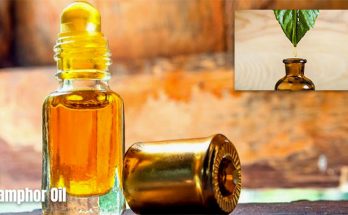 Camphor trees are slow-increasing evergreen trees reaching up to 50 feet tall. They have a robust trunk with heavy branches. New growth is pinkish or red and older leaves are shiny yellowish-green. In late spring, trees create tiny yellow flowers followed by little black fruit.
Camphor trees are slow-increasing evergreen trees reaching up to 50 feet tall. They have a robust trunk with heavy branches. New growth is pinkish or red and older leaves are shiny yellowish-green. In late spring, trees create tiny yellow flowers followed by little black fruit.
CONCLUSIONS. These situations highlight the toxicity connected with camphor usage in the neighborhood and that inappropriate use of illegally sold camphor products is an crucial public overall health concern. Camphor may perhaps be a prevalent, however unrecognized, source of seizures in kids in specific ethnic populations that use it as a all-natural remedy. Efforts are required to educate the communities about the hazards of working with camphor items and to limit the illegal availability of these goods.
Thanks for stopping by Point of Interest! Pull up a chair, grab your favourite hot beverage, and hang out for a bit. I like hearing from readers like you, so really feel free to create to sjbarclay@ (Susan, aka Swift) and let me know what interests you! Really feel free to add your comments to posts of any age to share your thoughts! It really is no fun writing this blog if I don’t get to hear from you, my remarkable readers!
skin irritation: allspice, basil, bay, birch, bitter almond, black pepper, cassia, cinnamon leaf, cinnamon bark, citronella, clove bud, costus, cumin, fennel, fir needle, ginger, lemon, lemon grass, lemon verbena, melissa, myrrh, oak moss, orange peppermint, oregano, parsley seed, peppermint, pimento berry, pine, tagetes, tea tree, red and wile thyme and wintergreen.
Pregnancy: Camphor crosses the placenta and has been implicated in fetal and neonatal death. It has been utilised to induce abortions. Camphor poisoning for the duration of pregnancy was reported in four instances and, in each and every case, camphorated oil was mistaken for castor oil (Weiss & Capalano, 1973). The topical use of camphorated oil in pregnancy was not connected with teratogenic effects.


